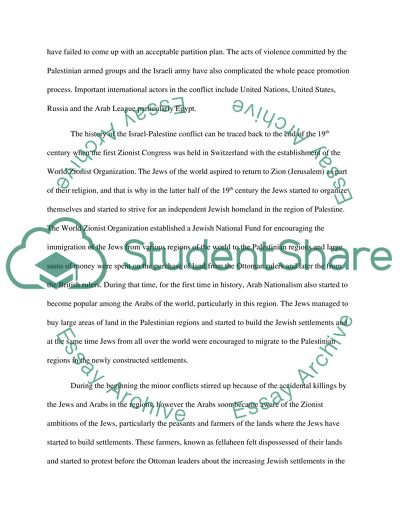Cite this document
(“Israel-Palestine Conflict and the Role of Egypt Essay”, n.d.)
Israel-Palestine Conflict and the Role of Egypt Essay. Retrieved from https://studentshare.org/history/1445467-israeli-palestinian-conflict-how-does-it-affect
Israel-Palestine Conflict and the Role of Egypt Essay. Retrieved from https://studentshare.org/history/1445467-israeli-palestinian-conflict-how-does-it-affect
(Israel-Palestine Conflict and the Role of Egypt Essay)
Israel-Palestine Conflict and the Role of Egypt Essay. https://studentshare.org/history/1445467-israeli-palestinian-conflict-how-does-it-affect.
Israel-Palestine Conflict and the Role of Egypt Essay. https://studentshare.org/history/1445467-israeli-palestinian-conflict-how-does-it-affect.
“Israel-Palestine Conflict and the Role of Egypt Essay”, n.d. https://studentshare.org/history/1445467-israeli-palestinian-conflict-how-does-it-affect.


